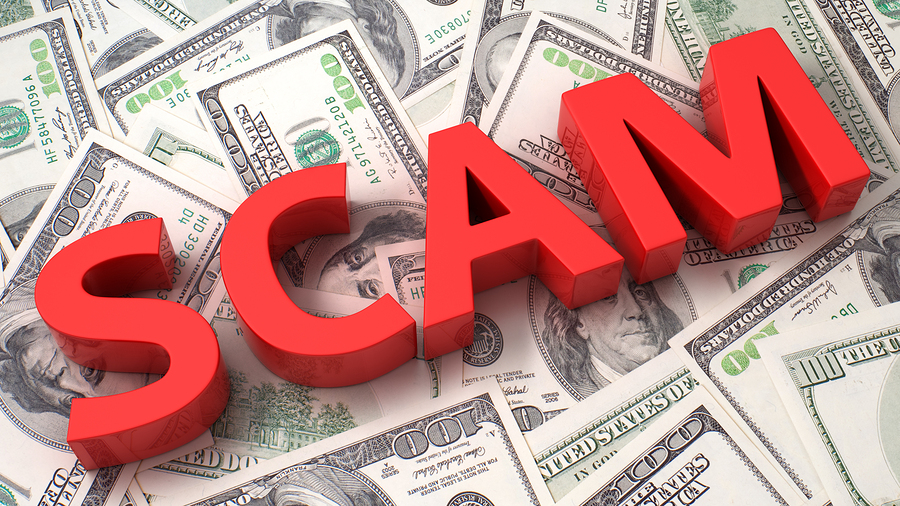Believe it or not, there are a number of scammers operating in the online arena that target naive students seeking aid in their efforts to obtain higher education. Many students would not be able to attend college without some type of financial assistance. While parents can usually help to a degree and plenty of students resign themselves to holding a job during their time in college, the remaining funds to cover tuition, books, and living expenses have to come from somewhere. This is where student loans come in, and where student loan scams can catch students unawares. How do you spot and avoid these scams? There are several things you should know.
First and foremost, you should never have to pay to apply for student loans. Most students are aware of FAFSA, but do you know what it stands for? Free Application for Federal Student Aid. “Free” is right in the name. So if websites are offering to help you file this FREE application for a fee, it’s surely a scam and you should avoid it. Simply visit fafsa.gov to find information and fill out an application for federal financial aid for college.
That said, there are legitimate paid services designed to help you find money for college. However, there are two potential problems here. The first issue is that you can almost always find the same information for free just by searching on your own. That doesn’t necessarily mean such services are scamming you – some students may find it worth their while to pay an experienced service to custom deliver, say, scholarship opportunities or other forms of financial aid. However, this brings us to the second problem: some of these services are scams that will take your money and fail to deliver what is promised. In most cases, you’re better off avoiding paid services and seeking out free sources of information.
If you don’t know where to look, start by speaking to teachers and counselors or even calling the admissions offices at colleges you’re interested in. All of these authorities should be able to direct you to appropriate resources for both scholarship opportunities and appropriate student loan organizations. They will likely direct you to fafsa.gov or other government resources and perhaps to reputable and reliable organizations that specialize in helping students to obtain loans and/or scholarships.
What you should avoid is anyone asking for money in advance and/or promising results that sound too good to be true. Don’t forget that some scams involving student loans occur after you graduate. In addition to those charging fees to help you get loans, there are scams that try to get money by offering to consolidate student loans, to settle student loan debt through lawsuits, or to eliminate student loan debt completely.
If you’re interested in lowering your student loan debt, do not be drawn in by organizations that contact you offering incredible results. Speak to reputable lenders or accountants that can give you reliable information and steer you down the right path. Also, be prepared to pay the piper. You went through the schooling required to earn GW’s public relations degree and there’s no quick fix for the debt you took on in the process. Like any purchase, it’s best to behave responsibly and pay down your student loans over time, as you’re able. If you try to shirk your duty, then you could find yourself involved in a scam as a result.
